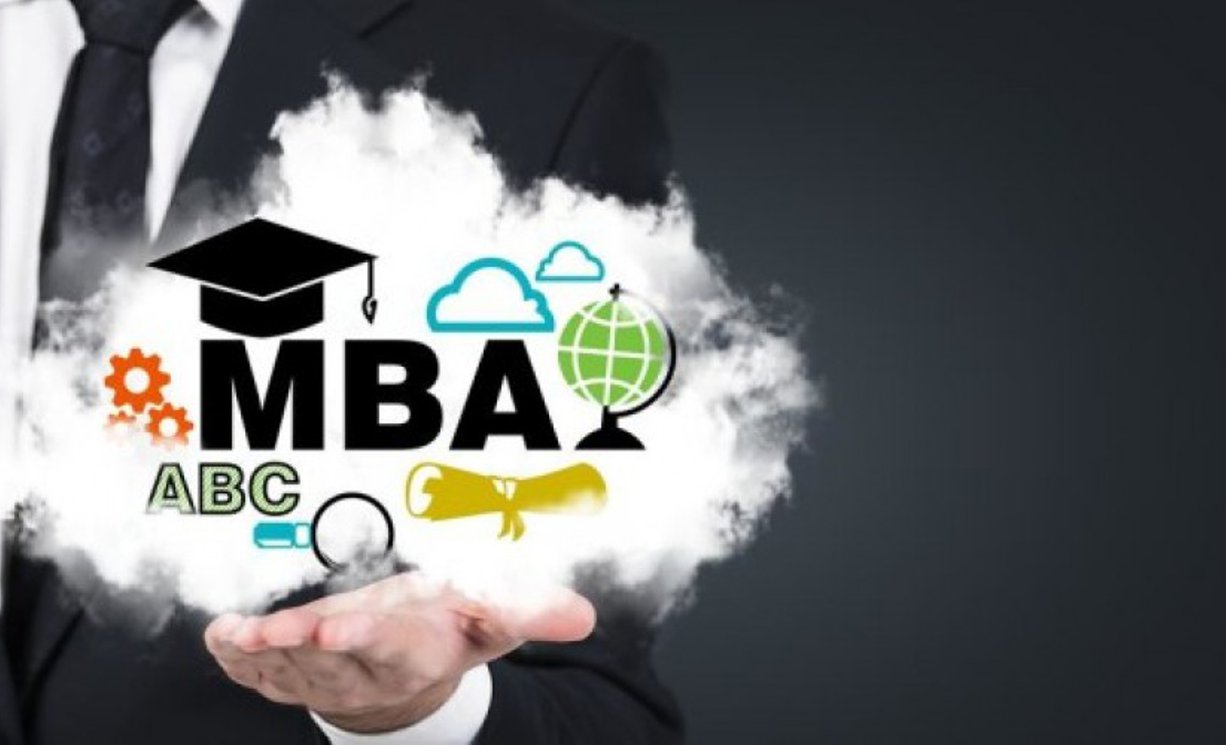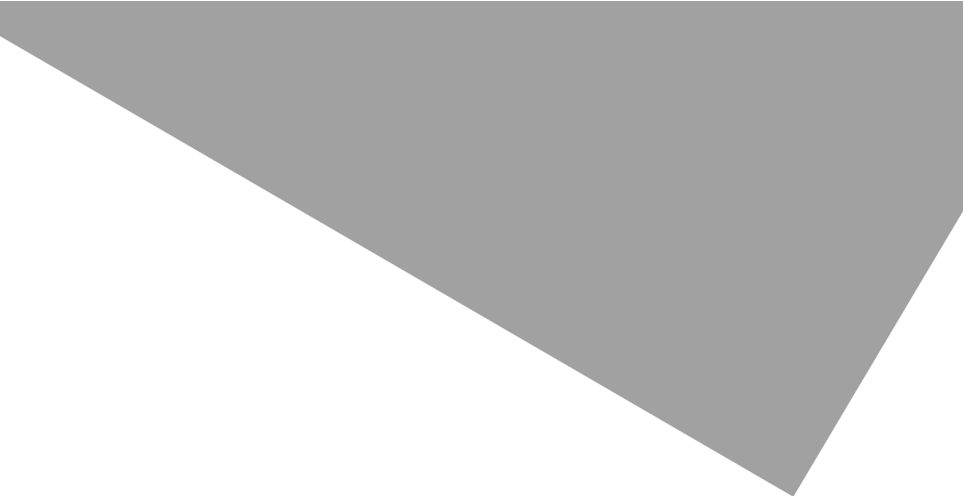The triumph of Vladimir Putin
Successes abroad and the winter Olympics make Russia look strong; but where it matters, it is weak
IN 2008, soon after winning the competition to stage the 2014 winter Olympics … Vladimir Putin, the country’s president, announced that “at last Russia has returned to the world arena as a strong state — a country that others heed and that can stand up for itself.” Next weekend sees the opening of Russia’s first Olympiad since the summer games in Moscow in 1980. At the president’s behest, the games are being held at Sochi, an unsuitable subtropical resort, and the government has spent $50 billion — four times the cost of the jamboree in London in 2012 — on staging the event. Big posters proclaim “Russia — Great, New, Open!” State-owned Sberbank offers the faintly menacing motto, “Today Sochi, tomorrow the world.”
Вернуться на Главную

The Olympic celebrations come after a good year for Mr Putin. At home, he has seen off the huge protests that greeted his return to the Russian presidency in 2012. Lacking any serious challenger, he has felt confident enough to free both Mikhail Khodorkovsky, a business oligarch whom he jailed in 2003, and the Pussy Riot protesters.
Abroad, Mr Putin has used his UN Security Council veto to see off Western ideas of military intervention in Syria, instead brokering a deal on chemical weapons and sponsoring a Syrian peace conference. His brutal ally, Bashar Assad, remains in power. Mr Putin has taken some comfort that NATO’s campaign in Afghanistan has been as difficult and frustrating as the one the Soviet Union endured 30 years ago — and a lot longer (see article). He has raised Russian defence spending. And he has left European diplomats looking flat-footed by deploying a mix of money and threats to persuade Ukraine’s president, Viktor Yanukovych, to walk away from a trade deal he was preparing to sign with the European Union.
Yet the revival of Mr Putin’s fortunes is not quite as impressive as it seems. It is not just that Russia’s political model has little appeal to others. Its resurgence is limited by a corrupt, state-directed economy that seems to be condemned to stagnation (see article).
A skater with feet of clay
After Mr Putin became president in December 1999, economic growth was strong enough for Russia to be classed in the BRIC group of fast-growing countries. Russians’ incomes rose in tandem, and pensions and welfare benefits improved — and were paid on time. This was a large part of the explanation for Mr Putin’s popularity with ordinary Russians. They supported him not just because he promised to make Russia strong, but also because he was seen to have brought stability and rising living standards after the chaos and ruin of the 1990s.
However, this achievement was founded almost entirely on oil and gas prices, which have climbed fivefold since 1999. Dependence on energy exports is greater even than under the Soviet Union: they now account for 75% of the total, against 67% in 1980. In 2012 Russia’s total bilateral trade with America was worth only $28 billion, and its trade with China, despite a long, shared border and copious amounts of commodities to sell, amounted to just $87 billion. By contrast America’s trade with China was worth $555 billion.
At home, high labour costs and low productivity make much of Russian industry uncompetitive, so most goods in the country’s shops are imported. Investment is too low; capital continues to leave the country, along with talented young Russians. A bloated and inefficient state, plus the firms it controls, account for half of GDP. And, as the Sochi costs indicate, corruption is endemic. Graft and inefficiency cost Gazprom $40 billion in 2011, according to the Peterson Institute, an American think-tank. An even larger sum is siphoned off by well-connected oligarchs — and squirrelled away in countries like Switzerland and Britain that are prepared to tolerate the crooks whom America wisely rejects.
Ten years ago the Russian budget balanced if oil was around $20 a barrel; today it needs to be around $103. The “Urals blend” price has fallen to $108. Meanwhile, new shale gas, which Mr Putin loves to ridicule but in fact typifies the American entrepreneurialism that could never thrive in his kleptocracy, promises to push oil and gas prices down.
Now that energy prices have stopped rising, best estimates of GDP growth have been cut to below 1.5% in 2013 and to 2% in 2014. America and Britain are both doing better, and Russia’s BRIC competitors, Brazil, India and China, are growing far faster. Russia is in the same growth league as the flagging euro zone — the weak countries Mr Putin pours scorn on.
Inspiration from Ukraine
The problem, as always, is governance. The list of needed reforms is familiar: more competition, the privatisation of state firms, better protection for investors, a more reliable legal system and a transparent regulatory framework. Yet the regime cannot implement such changes, for it exercises political control by controlling the economy: the status quo in Russia is preserved through monopoly rents, state-owned companies, a malleable judiciary, an opaque regulatory system and firms that rely on Mr Putin’s favour. So long as the current political system prevails, Russia will remain economically enfeebled.
Seen in this light, recent events in Ukraine look like …



































